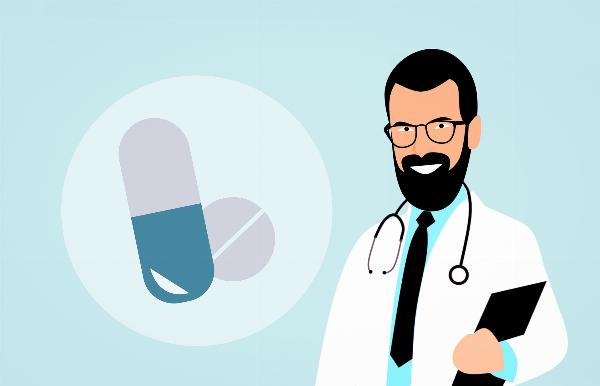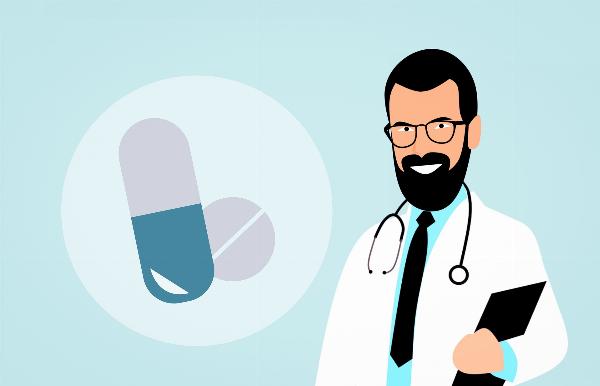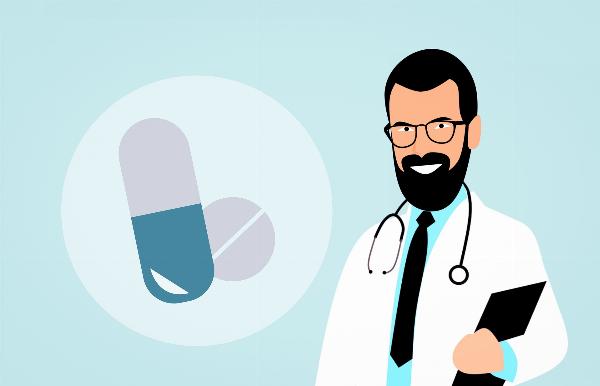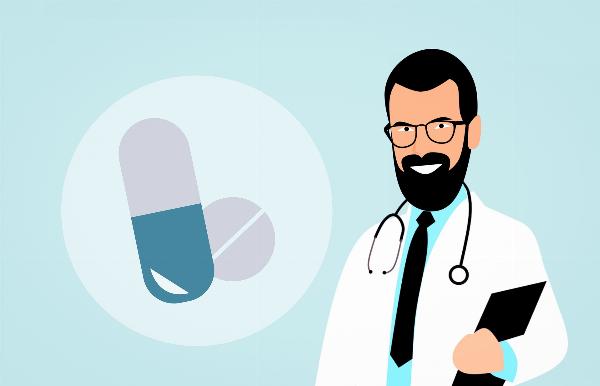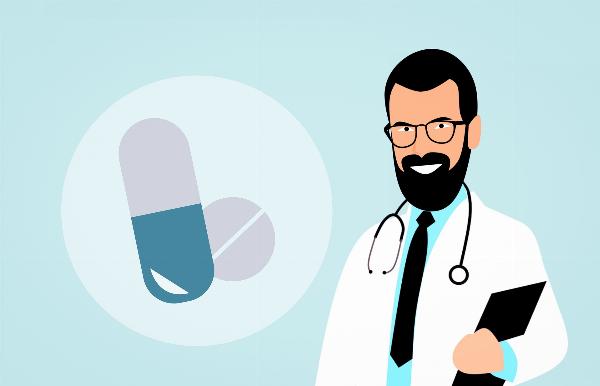The Impact of Addiction on Physical Health
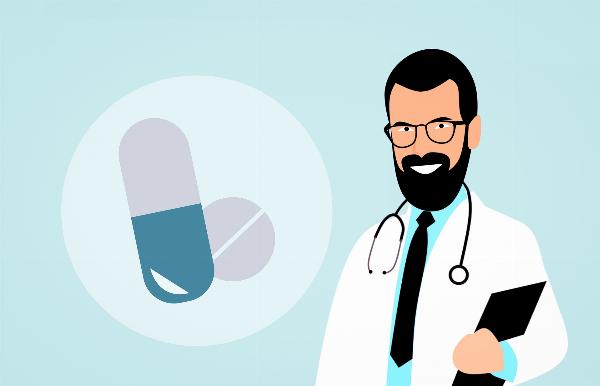
Strong8k brings an ultra-HD IPTV experience to your living room and your pocket.
Addiction, characterized by the compulsive use of substances despite harmful consequences, has profound effects on an individual's physical health. While the immediate effects can be alarming, the long-term repercussions are often devastating and can lead to chronic, life-threatening conditions. Understanding these impacts is crucial for individuals, families, and healthcare providers striving to combat addiction and promote recovery.
Exploring Depression Treatment Centers: Comprehensive Care for Mental Health
Depression treatment centers provide specialized care for individuals struggling with severe or treatment-resistant depression. These centers offer a holistic approach to mental health, combining various therapies and support systems to address the complexities of depression.
Immediate Physical Effects of Addiction
Stimulants
Stimulants like cocaine, methamphetamine, and prescription medications such as Adderall and Ritalin can cause immediate physical effects, including increased heart rate, elevated blood pressure, and hyperthermia. These substances stimulate the central nervous system, leading to heightened alertness and energy. However, the risks include cardiac arrhythmias, heart attacks, and strokes due to the increased cardiovascular strain.
Depressants
Depressants, including alcohol, benzodiazepines, and opioids, slow down the central nervous system. This can result in decreased heart rate, lowered blood pressure, and respiratory depression. Overdoses on these substances can be fatal, as they can lead to respiratory failure. The immediate calming effects often disguise the severe danger they pose to the user's health.
Hallucinogens
Hallucinogens like LSD, psilocybin mushrooms, and MDMA (Ecstasy) can cause unpredictable psychological effects and physical symptoms such as nausea, dizziness, and increased heart rate. These substances alter perception and can lead to risky behaviors, further increasing the likelihood of physical harm.
Long-Term Physical Health Consequences
Cardiovascular System
Long-term use of many substances can lead to severe cardiovascular problems. Chronic stimulant use, for example, can result in hypertension, heart disease, and an increased risk of heart attacks and strokes. Cocaine users are particularly at risk for myocardial infarction and cardiomyopathy, a condition where the heart muscle becomes enlarged and weakened.
Liver Damage
Alcohol abuse is a leading cause of liver disease. Chronic drinking can lead to fatty liver, alcoholic hepatitis, fibrosis, and cirrhosis. Liver cirrhosis is a severe condition where healthy liver tissue is replaced with scar tissue, impairing liver function and potentially leading to liver failure. Other substances, such as certain prescription medications and inhalants, can also cause liver toxicity and damage.
Respiratory Problems
Substance use can significantly impact the respiratory system. Smoking tobacco or marijuana, as well as inhaling drugs like crack cocaine or methamphetamine, can lead to chronic bronchitis, emphysema, and an increased risk of lung infections and cancer. Opioid abuse, due to its depressant effects on respiration, can cause hypoxia, where insufficient oxygen reaches the brain, leading to long-term brain damage.
Neurological and Cognitive Damage
Addiction profoundly affects the brain's structure and function. Prolonged substance use can lead to cognitive impairments, including memory loss, reduced attention span, and difficulty in problem-solving and decision-making. Alcohol, for example, can cause Wernicke-Korsakoff syndrome, a severe neurological disorder resulting from thiamine (vitamin B1) deficiency. Methamphetamine use can lead to significant brain damage, manifesting as cognitive deficits and an increased risk of Parkinson’s disease.
Gastrointestinal Issues
Substances like alcohol and opioids can wreak havoc on the gastrointestinal system. Chronic alcohol use can lead to gastritis, pancreatitis, and an increased risk of gastrointestinal cancers. Opioid use can cause severe constipation, leading to bowel obstruction and perforation if left untreated. Additionally, stimulant use can reduce appetite and lead to malnutrition and severe weight loss.
Immune System Suppression
Addiction can weaken the immune system, making individuals more susceptible to infections and illnesses. Alcohol, for instance, suppresses various immune responses, increasing the risk of infections like pneumonia and tuberculosis. Intravenous drug use can introduce harmful bacteria and viruses directly into the bloodstream, leading to conditions like endocarditis (heart infection) and sepsis (a life-threatening response to infection).
Reproductive Health
Substance abuse can also impact reproductive health. In men, long-term alcohol and drug use can lead to reduced testosterone levels, decreased libido, and infertility. Women may experience menstrual irregularities, infertility, and an increased risk of sexually transmitted infections (STIs) due to impaired judgment and risky sexual behavior associated with substance use.
Comprehensive Health Impact
The cumulative impact of addiction on physical health is profound. It often results in a diminished quality of life, increased healthcare costs, and a higher mortality rate. The interplay between physical and mental health complications makes treating addiction a complex and multifaceted challenge.
Co-Occurring Mental Health Disorders
Many individuals with substance use disorders also suffer from co-occurring mental health disorders such as depression, anxiety, and bipolar disorder. These conditions can exacerbate physical health issues and complicate treatment. Integrated treatment approaches that address both physical and mental health are essential for effective recovery.
Socioeconomic Factors
The physical health consequences of addiction are often exacerbated by socioeconomic factors. Individuals from lower socioeconomic backgrounds may have limited access to healthcare, healthy food, and safe living conditions, further worsening the impact of addiction on their physical health.
Understanding Court-Ordered Rehab: A Path to Recovery Through Legal Intervention
Court ordered rehab is a legal intervention that mandates individuals struggling with substance abuse to undergo addiction treatment as part of their sentencing. This approach aims to provide an opportunity for rehabilitation rather than punishment, fostering long-term recovery and reducing recidivism.
Conclusion
The impact of addiction on physical health is extensive and far-reaching, affecting every system of the body. Understanding these consequences underscores the importance of early intervention, comprehensive treatment, and ongoing support for individuals struggling with substance use disorders. By addressing both the physical and psychological aspects of addiction, healthcare providers can help individuals achieve lasting recovery and improve their overall quality of life.
Note: IndiBlogHub features both user-submitted and editorial content. We do not verify third-party contributions. Read our Disclaimer and Privacy Policyfor details.



